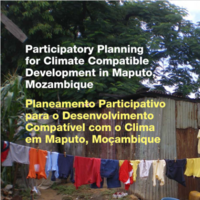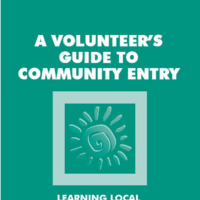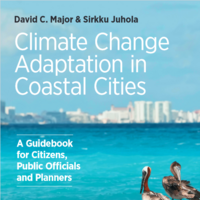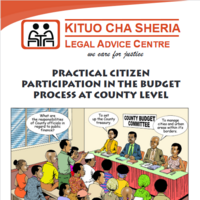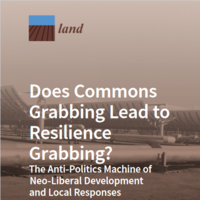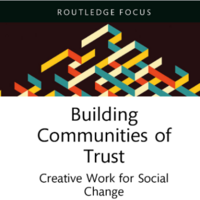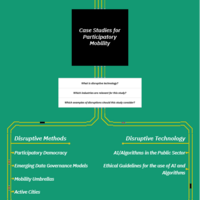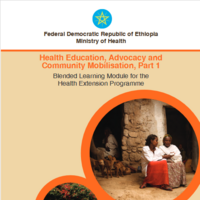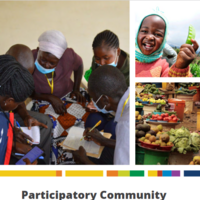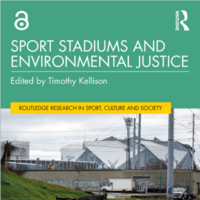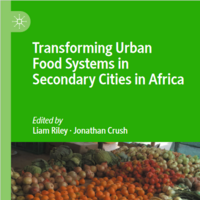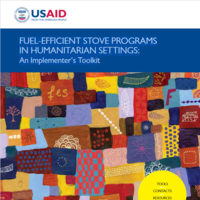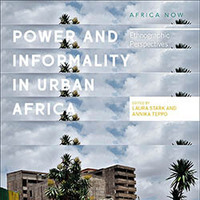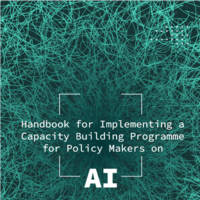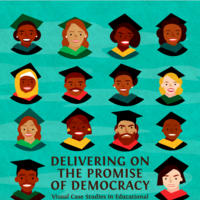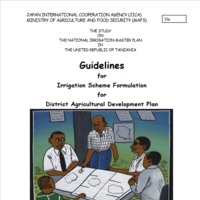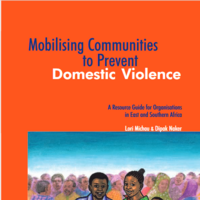Search
Books+
Searching 1,730 books
Search related to the career Urban Planner
Introduction:
Community engagement plays a crucial role in improving urban planning by involving residents, stakeholders, and experts in the decision-making process. It ensures that urban planning initiatives are responsive to the needs and aspirations of the community. Here are several ways in which community engagement can enhance urban planning:
1. Enhancing Local Knowledge and Expertise:
Community engagement allows urban planners to tap into the local knowledge and expertise of residents. By involving community members in the planning process, planners can gain valuable insights into the unique characteristics, history, and culture of the area. This local knowledge can help identify potential challenges, opportunities, and sustainable solutions that might otherwise be overlooked.
2. Fostering Collaboration and Partnerships:
Engaging the community fosters collaboration and partnerships between residents, local organizations, and government agencies. By working together, stakeholders can pool their resources, skills, and ideas to develop comprehensive and inclusive urban plans. Collaboration ensures that diverse perspectives are considered, leading to more effective and equitable outcomes.
3. Increasing Transparency and Trust:
Community engagement promotes transparency in urban planning processes. By involving residents in decision-making, planners can build trust and credibility within the community. Open communication channels and public consultations allow for the exchange of information, ideas, and feedback, ensuring that decisions are made collectively and with the best interests of the community in mind.
4. Addressing Social and Environmental Equity:
Engaging the community helps identify and address social and environmental equity issues in urban planning. By involving marginalized groups and underrepresented communities, planners can ensure that their needs and concerns are considered. Community engagement can help identify areas with inadequate infrastructure, limited access to services, or environmental risks, leading to more equitable and sustainable urban development.
5. Improving Decision-Making and Implementation:
Community engagement provides valuable input that can improve decision-making and implementation processes. By involving residents, planners can gain a better understanding of community priorities, preferences, and aspirations. This input can inform the development of more effective policies, infrastructure projects, and urban design solutions that align with the community's vision.
Conclusion:
Community engagement is a powerful tool for improving urban planning. By involving residents, stakeholders, and experts, planners can tap into local knowledge, foster collaboration, increase transparency, address equity issues, and enhance decision-making processes. Ultimately, community engagement ensures that urban planning initiatives are more inclusive, sustainable, and responsive to the needs and aspirations of the community.
Source: Various AI tools
Social entrepreneurship
Books tagged social entrepreneurship
Sustainable development
Books tagged sustainable development
Searched in English.
